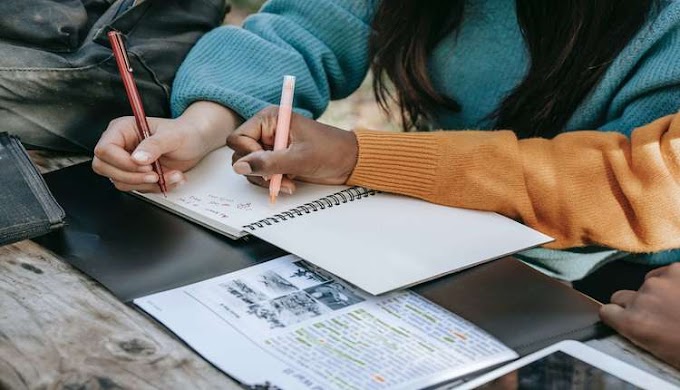 |
What causes your PC to slow down?
Your PC may slow down due to one of the following reasons:
- When it runs out of random access memory (RAM),
- Shortage of disk space
- Many programs are running in the background.
- Too many start-up programs will slow down your device.
- Failure to update Windows and the drivers
- Malware and viruses
- Registry errors
We know how frustrating it's when your device slows down. We are here with simple solutions you can follow and enjoy working without interruptions. Here are our simple tips to make your laptop lightning fast.
- Prevent many programs from running when your computer boots up.
Look out for a basic or free PC optimizer such as PC Optimizer Pro and clean up your start-up using it.
- Delete or uninstall unwanted programs.
The optimizer will also remove any files that relate to the uninstalled programs.
- Clean and repair your disk.
An optimizer will ensure your disk is repaired and the temporary files are removed automatically. The disk clean-up feature will free up disk space and keep your PC running smoothly.
- Install an anti-virus and anti-malware application.
The PC optimizer will protect your PC from viruses and malware by removing foreign files and folders. Keep your PC free from bugs and viruses, and you will enjoy using it.
- Make sure your device has enough RAM.
It's best to invest in an optimizer that will keep your device clean automatically. The good thing is that free PC optimizers are available, and they are effective.
- Keep your operating system and drivers up-to-date.
PC updates will fix glitches and get rid of bugs. You can update your device manually by checking whether there are updates that are due or using a PC optimizer that will automatically update your device.
- Disk defragmentation to improve efficiency
Defragmentation organizes your data and frees up space. It reduces the number of resources your computer requires when searching for a file or folder.
- Change the power plan.
There are three power plans that are in use by most PCs. The balanced, energy-efficient, and high-performance. To keep your device performing optimally, use the high-performance power plan. It will increase the speed of your device. It's important to note that high performance on laptops drains the battery.
- Save your files, photos, and videos in the cloud.
- Use the activity resource monitor to check for issues.
Other simple tips to follow to enhance the speed of your PC
- Unused tabs should be closed.
- Delete and remove large files.
- Organize desktop icons or, better yet, minimize the number of desktop icons.
- Keep the software and drivers on your PC updated.
- Check to see whether the RAM in your device is enough. Install more RAM.
- Turn off search indexing as it takes up a lot of PC resources.
- Turn off tips and notifications as they reduce the processing power of the Windows operating system.
You should ensure your device has an optimizer that keeps out malware, fixes PC errors, and optimizes it for best performance. You can start with a free optimizer such as PC optimizer pro that has essential features to keep your device enhanced throughout. Download it and see how much better your device works.




.jpg)
